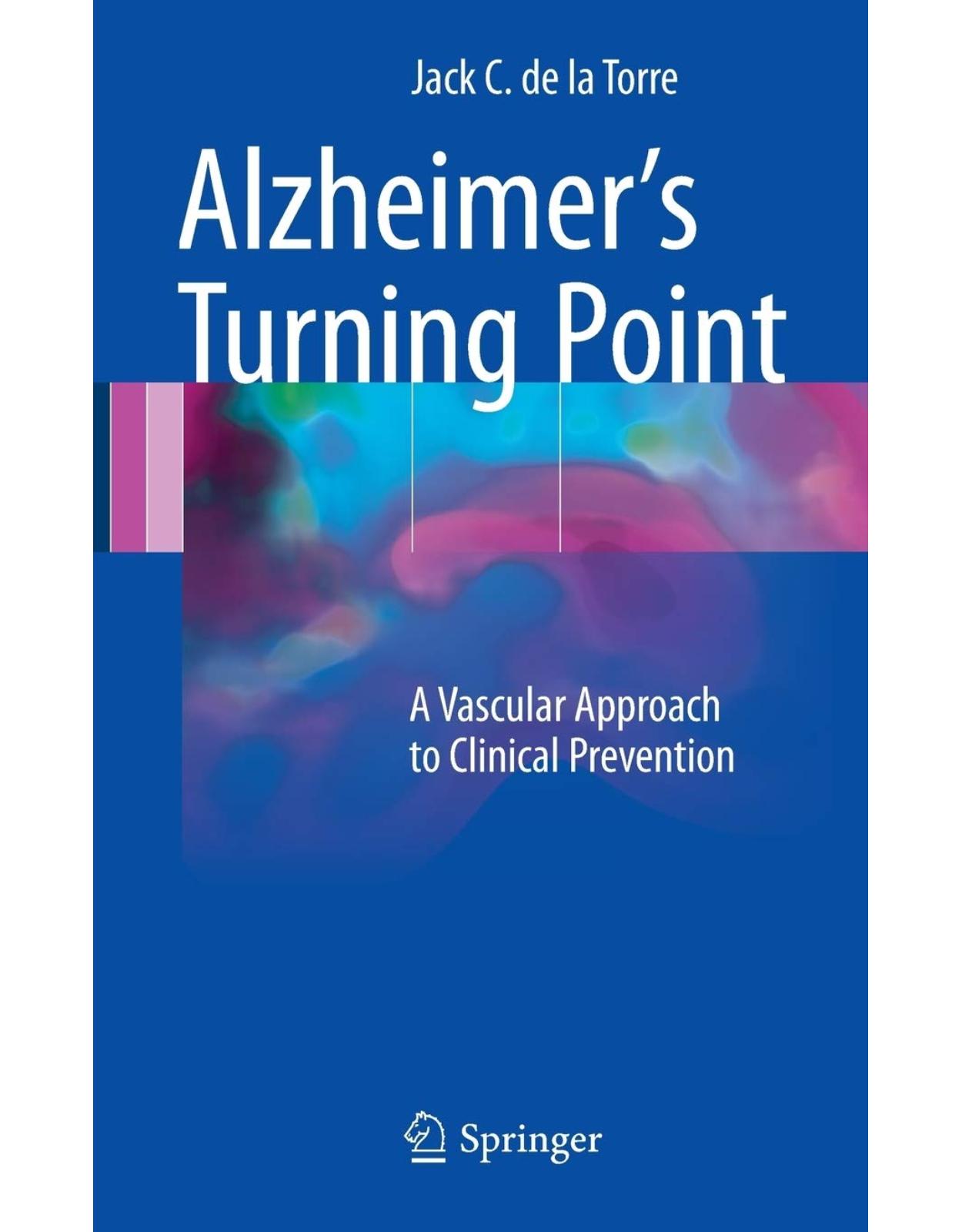
Alzheimer�s Turning Point
Livrare gratis la comenzi peste 500 RON. Pentru celelalte comenzi livrarea este 20 RON.
Disponibilitate: La comanda in aproximativ 4-6 saptamani
Autor: de la Torre
Editura: Springer
Limba: Engleza
Nr. pagini: 267
Coperta: Hardcover
Dimensiuni: 15.49 x 1.6 x 23.5 cm
An aparitie: 2016
Description:
This compelling text provides an overview of the available technology for early detection and therapeutic management of vascular risk factors to Alzheimer’s before severe cognitive impairment symptoms appear. Chapters bring the reader from the trackless clinical research that has characterized Alzheimer’s progress for the last 20 years, to a nexus of new ideas and concepts that can change our outlook of this dementia. In-depth examinations of various hypotheses, preventive measures, current and prospective treatments are openly and clearly explored. The author discusses in depth his proposal of the vascular hypothesis of Alzheimer's disease which has become a mother-lode for basic and clinical studies and a key approach to the prevention of this dementia.Alzheimer’s Turning Point offers professionals, students and those looking to learn more about this disorder a fresh clinical perspective of this devastating disease.
Table of Contents:
1 How Does Alzheimer’s Begin and Who Gets It?
Alzheimer’s Symptoms
Alzheimer’s Diagnosis
A Caretaker’s Story
A Capsule History of Alzheimer’s
What Is Dementia?
Non-Alzheimer’s Dementias
Vascular Dementia
Mixed Dementia
Cerebral Blood Flow Diminishes with Age
Dementia with Lewy Bodies
Creutzfeldt–Jakob Dementia
Frontotemporal Dementia (Pick’s Disease)
Wernicke–Korsakoff Syndrome
References
2 Storing and Keeping Memories
Forming Memories
Creating a Memory
References
3 Masquerading as Dementia
When it is not Dementia
Normal Pressure Hydrocephalus
Thyroid Disease
Alcoholism
Treating Alzheimer’s
References
4 Alzheimer’s Then and Now
Alzheimer’s Has Been Around Since Ancient Times
Twisted Blood Vessels
Cerebral Hypoperfusion Causes Alzheimer’s
References
5 Unproven Hypotheses on the Cause of Alzheimer’s
The Abeta Hypothesis: A Die-Hard Concept
A Seductive Hypothesis
When a Hypothesis Does Not Work
Consistent Clinical Trial Failures
Smothering the Think Tank
References
6 Other Hypotheses on the Cause of Alzheimer’s Disease
The Cholinergic Hypothesis
Ethical Considerations in Recommending Medication for Alzheimer’s
When Cholinesterase Inhibitors Are Not Prescribed
Cell Cycle Hypothesis
Aluminum Hypothesis
Inflammatory Hypothesis
Oxidative Stress Hypothesis
The Calcium Hypothesis
References
7 Alzheimer’s Noise
When Hope Becomes Hype
Eliminating Alzheimer’s Disease
President Reagan Develops Alzheimer’s Disease—Was Poor Brain Blood Flow the Trigger?
References
8 The Social Contract and Alzheimer’s
The Government’s Priorities in Protecting its Citizens from Harm and Disease
Dollars Per Death Index
Cold War Mind-set and Biomedical Research
Reference
9 Genetics of Alzheimer’s Disease
Gene Mutations as the Cause of Alzheimer’s
Familial Alzheimer’s Disease
Twin Studies
Susceptibility Genes, Can They Harm You?
References
10 Powering the Brain
The Brain Needs Constant Energy Nutrients to Stay Healthy
Neuronal Energy Crisis
Making ATP Energy Fuel
The Citric Acid Cycle (Tricarboxylic Acid Cycle or the Krebs Cycle)
The Electron Transport Chain
Why Do Cognitive-Regulating Neurons Die During Aging?
References
11 Pharmaceuticals and Alzheimer’s
Profit not Health Is the Pharmaceutical Mantra
Why Are Pharmaceuticals Despised?
When Good Medical Research Works
References
12 Conditions That Can Promote Alzheimer’s
Vascular Risk Factors: The Most Important Therapeutic Targets for Alzheimer’s Today
Brain-Related Vascular Risk Factors
Head Injury
Other Common Alzheimer Vascular Risk Factors
Heart-Related Risk Factors
Atherosclerosis
Aortic Stiffening
The Heart as the Instigator of Cognitive Collapse
Heart Failure
Coronary Artery Disease
Valvular Disease
Atrial Fibrillation
Left Ventricular Hypertrophy
Hyperhomocysteinemia
Hypertension
Hypotension
White-Coat Hypertension
Peripheral Arterial Disease
Erectile Dysfunction
Sleep Apnea
Diabetes Type 2
Hemorheologic and Hemodynamic Abnormalities
Alcoholism
Menopause
Smoking
Hyperlipidemia
Obesity
International Studies Focusing on Alzheimer’s
Preventive Alzheimer’s Clinics
Is the System Rigged?
References
13 The Good, the Bad, and the Ugly of Advanced Aging
Good Aging
Optimal Blood Pressure
Cognitive Reserve
Stress in Life
Bad Aging
Alzheimer’s Has no Cure
Falls in the Elderly
The Ugly
Contemplating Suicide
References
14 A Personal Account of How a Scientific Hypothesis Blooms into a Life of Its Own
The Barf Bag Theory
The Vascular Hypothesis of Alzheimer’s Disease Is Born
When Neurons Struggle for Survival
A Summary of the Evidence
References
15 Clinical Tools to Detect and Predict Individuals at Risk of Alzheimer’s
Cerebrovascular Evaluation with Neuroimaging
Cardiovascular Evaluation
Psychometric Testing
Ocular Screens
Where Do We Go from Here?
References
16 The Turning Point for Alzheimer’s
How Prevention Works
The Rising Alzheimer’s Incidence
Heart-Brain Clinics Can Lower the Number of New Alzheimer Cases
Challenges in Establishing Heart-Brain Clinics
References
17 How Poor Brain Blood Flow Promotes Alzheimer’s Disease
Brain Blood Flow and Metabolism
When Blood Flow to the Brain Is Insufficient
Poiseuille’s Formula
Making Sense of the Vascular Hypothesis of Alzheimer’s Disease
References
18 Interventions that May Increase Cerebral Blood Flow
Photobiomodulation to Enhance Neuron Energy Fuel
Potential Pharmacotherapy to Enhance Cerebral Blood Flow
Rho Kinase Inhibitors
ACE Inhibitors
Sirtuins
References
19 Great Expectations
What to Expect from Alzheimer’s Research
How to Move Forward in Alzheimer’s Research
References
20 A Road to New Thinking
Reference
Index
| An aparitie | 2016 |
| Autor | de la Torre |
| Dimensiuni | 15.49 x 1.6 x 23.5 cm |
| Editura | Springer |
| Format | Hardcover |
| ISBN | 9783319340562 |
| Limba | Engleza |
| Nr pag | 267 |
-
77700 lei 74000 lei

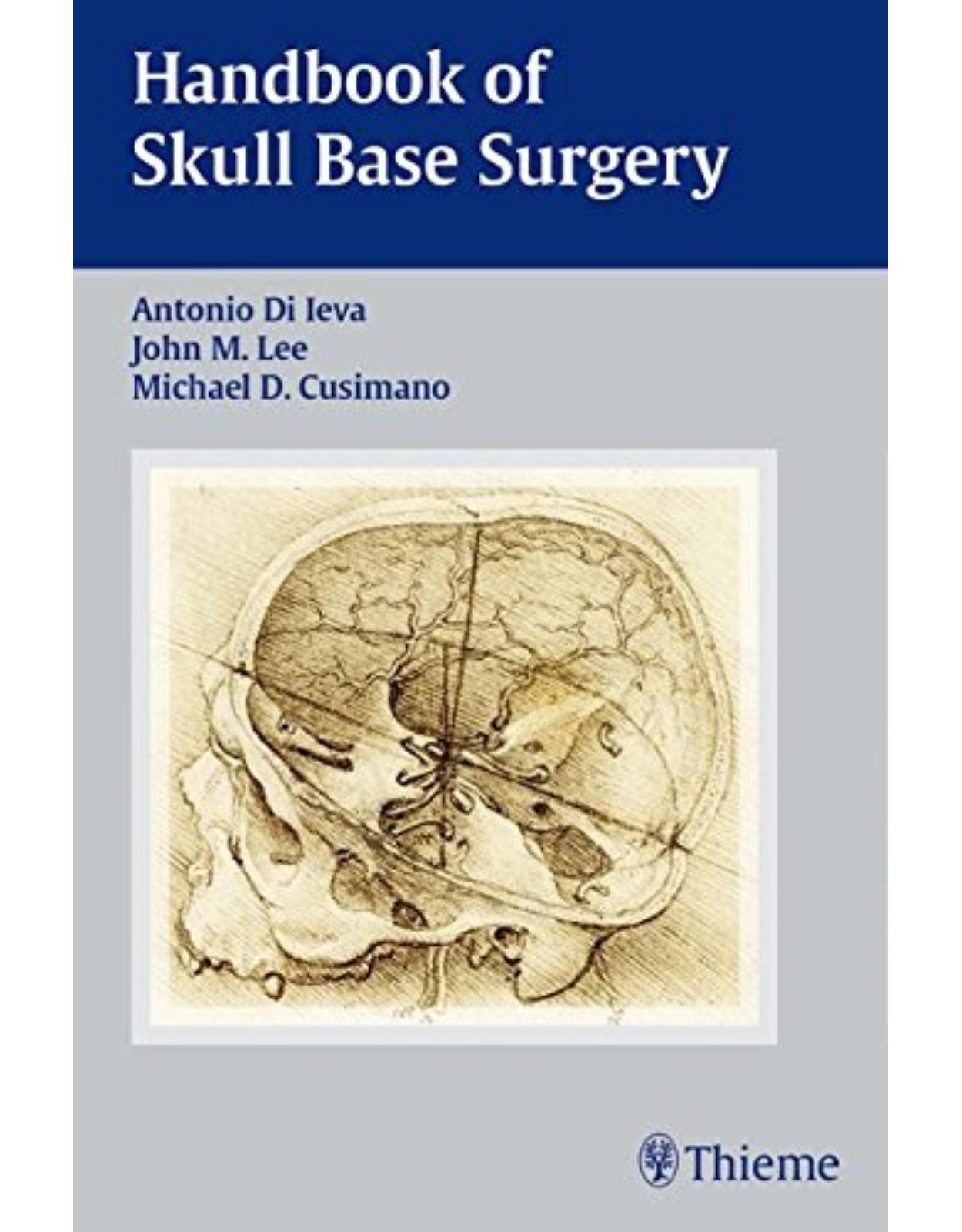

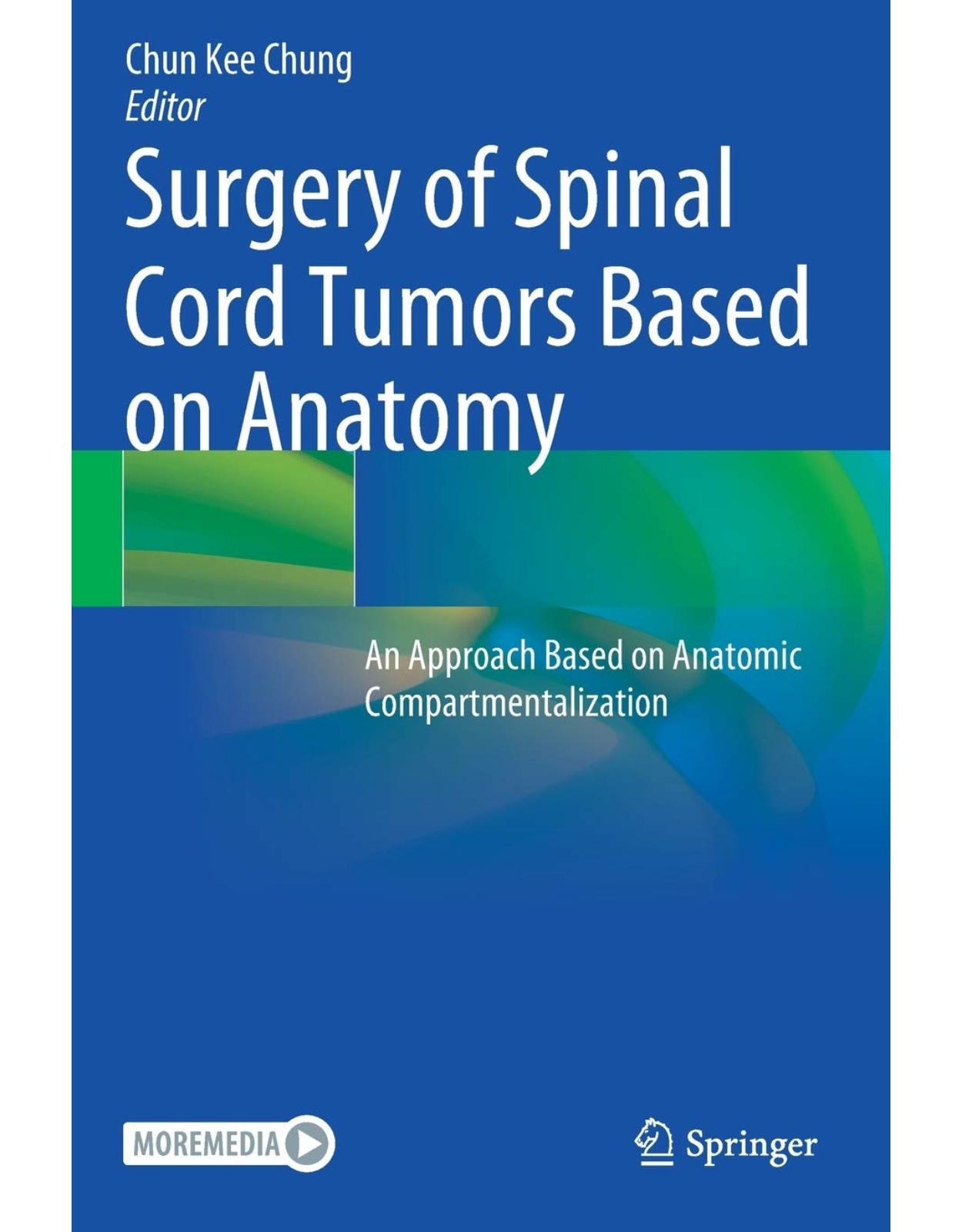
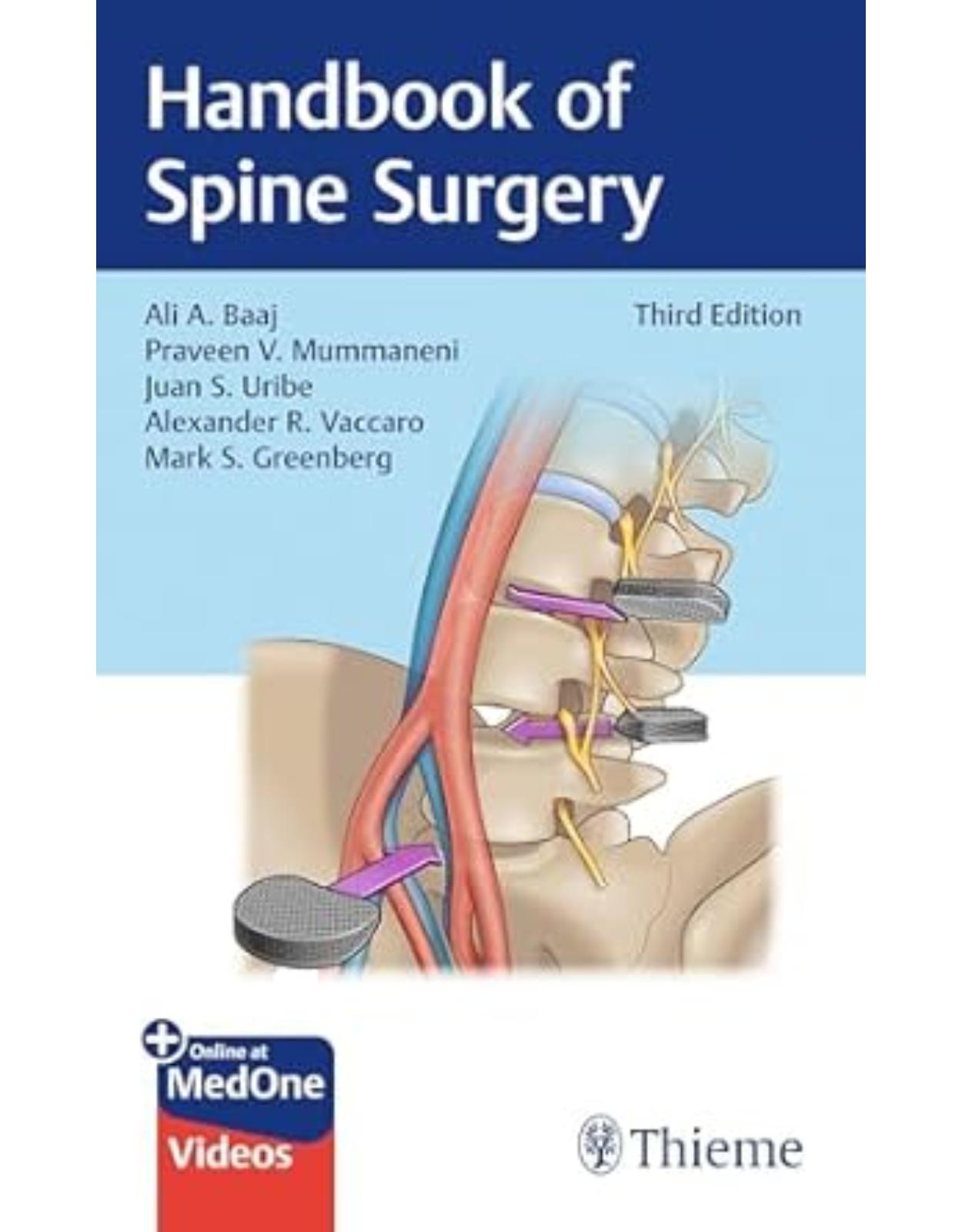
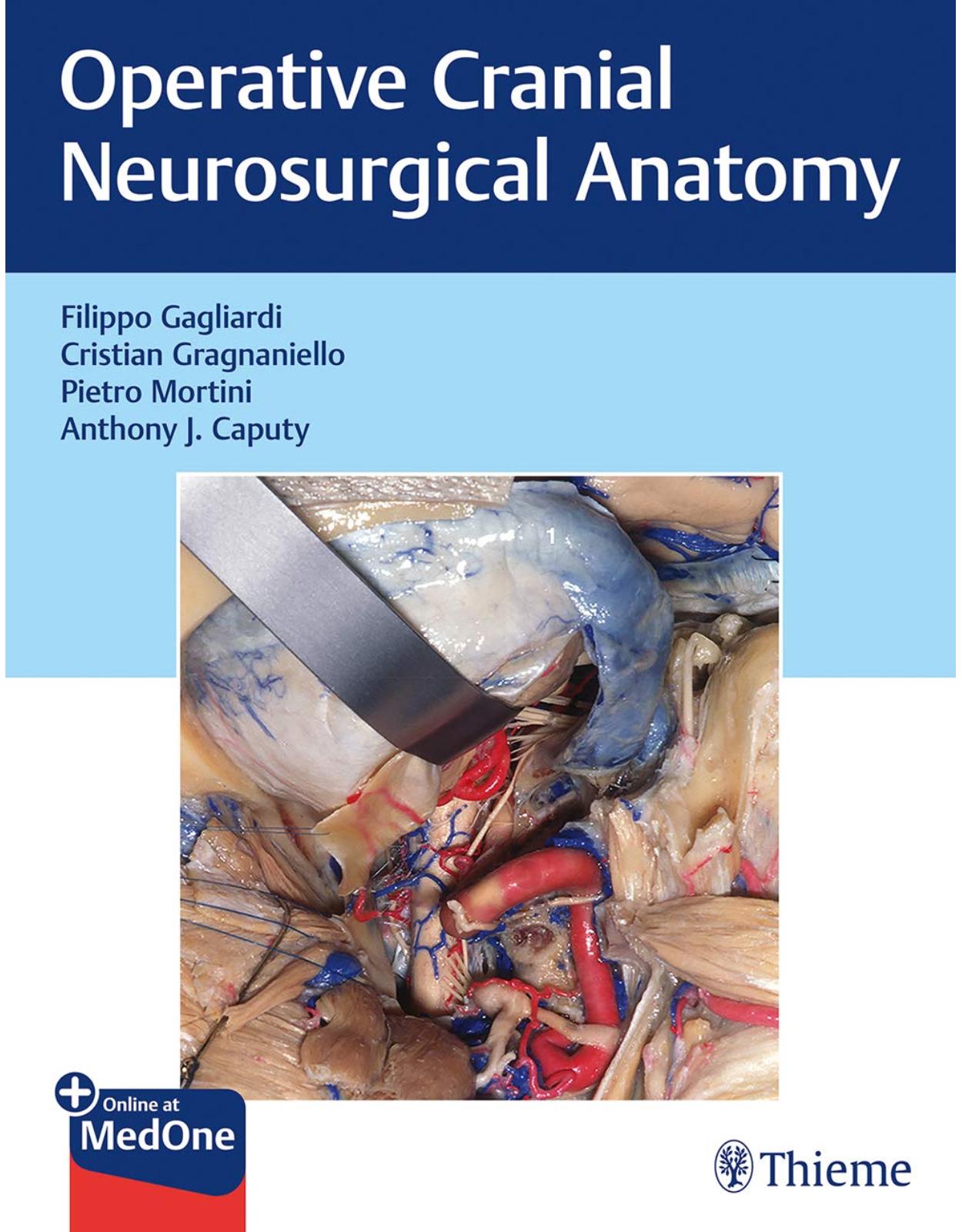
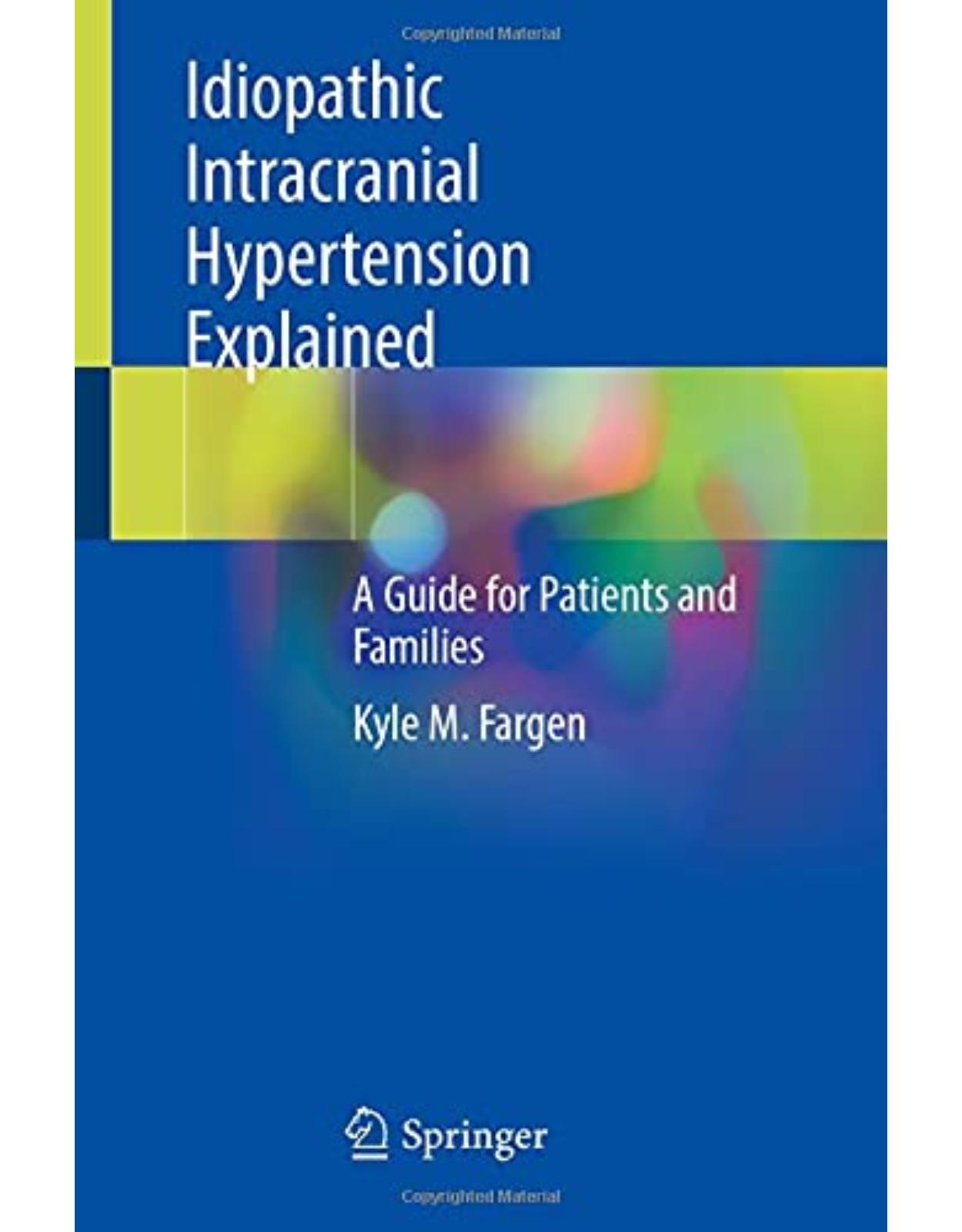
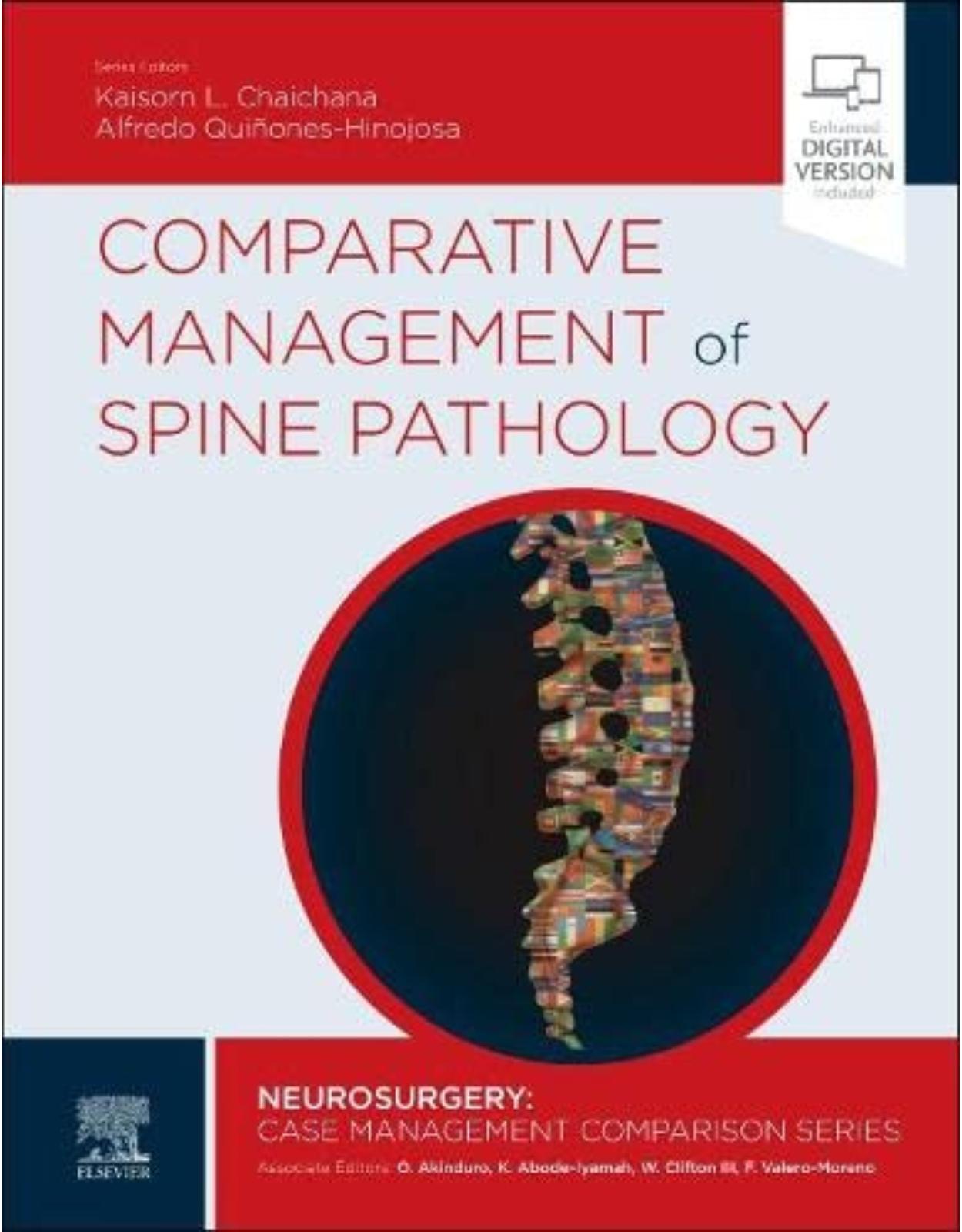
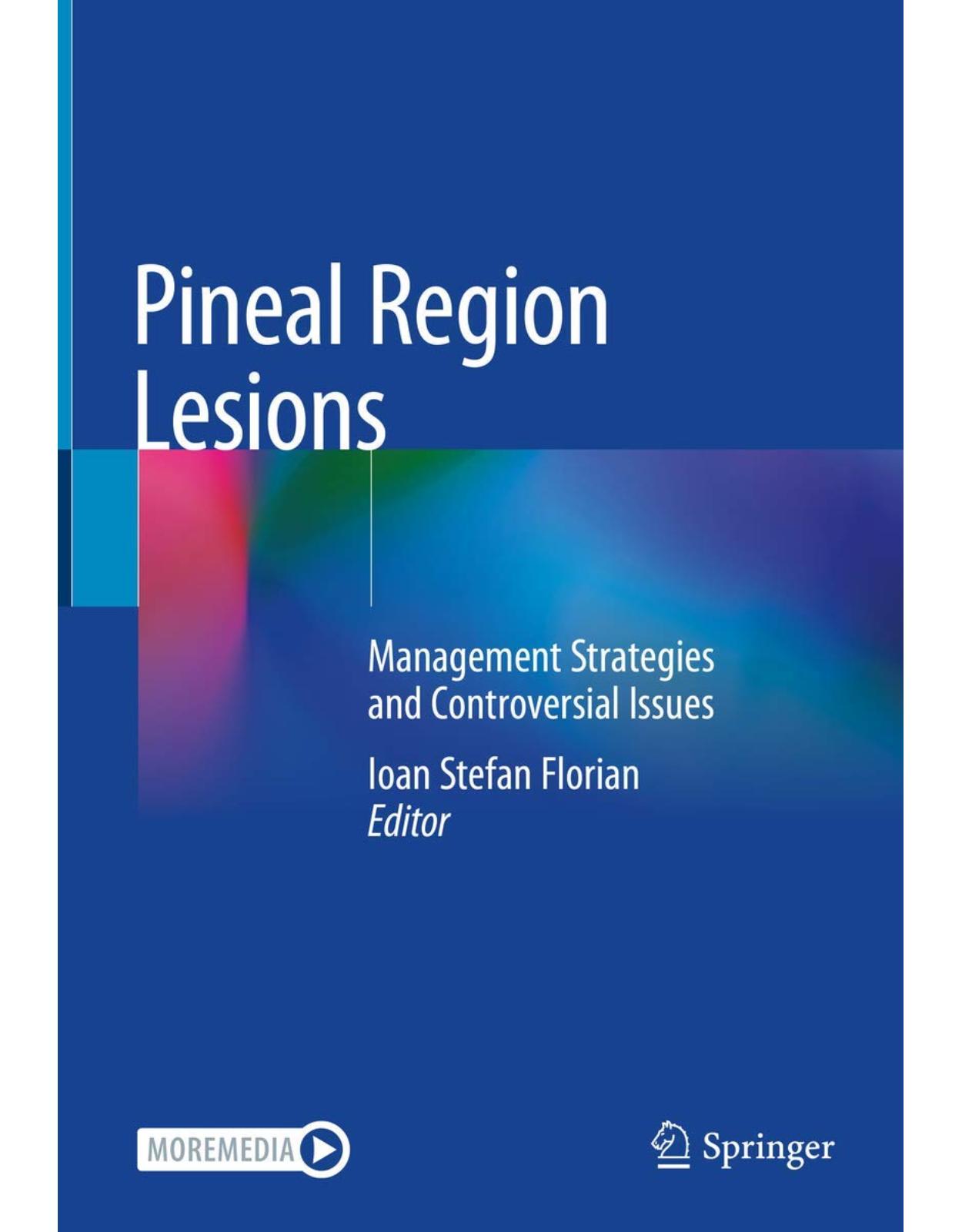
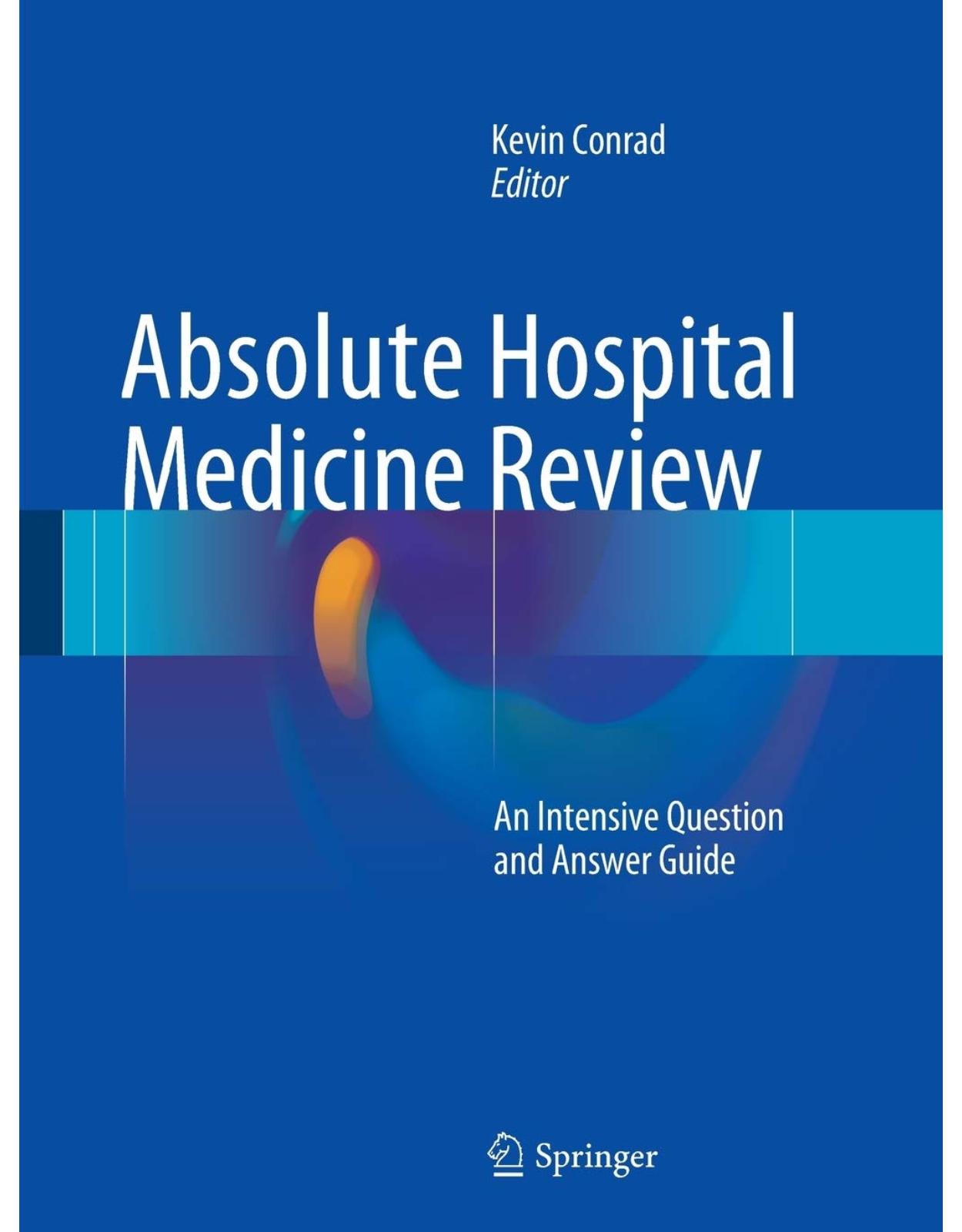
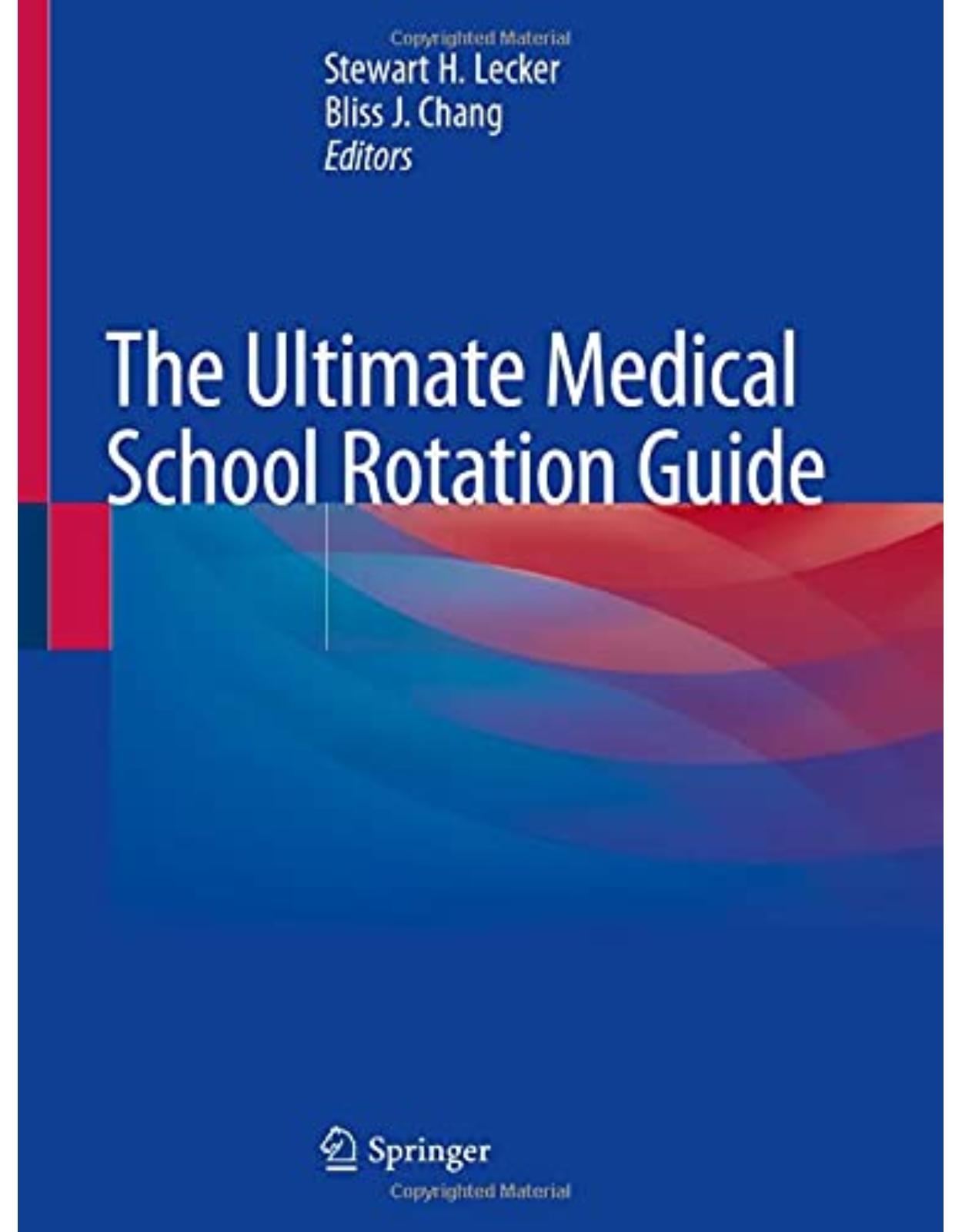
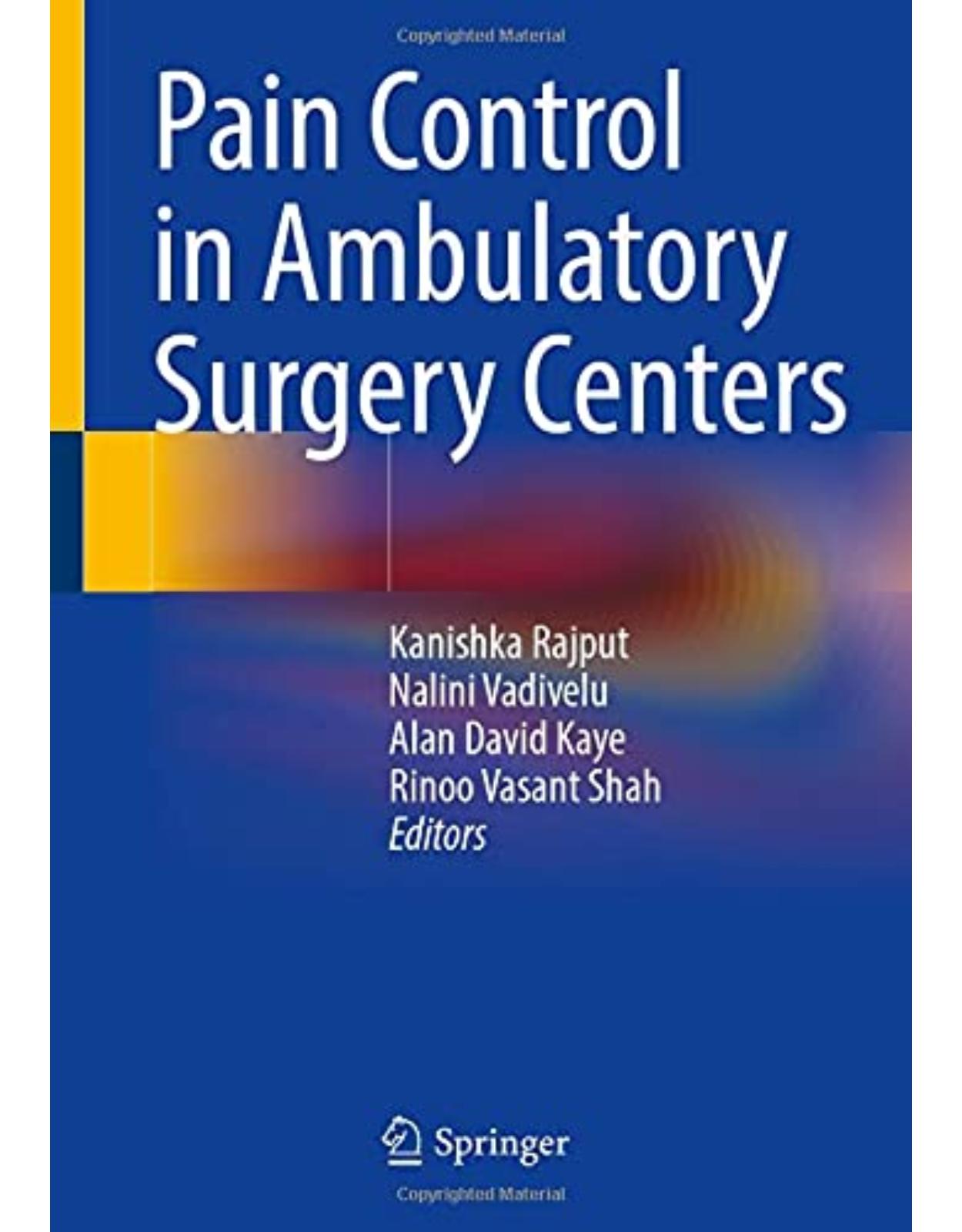
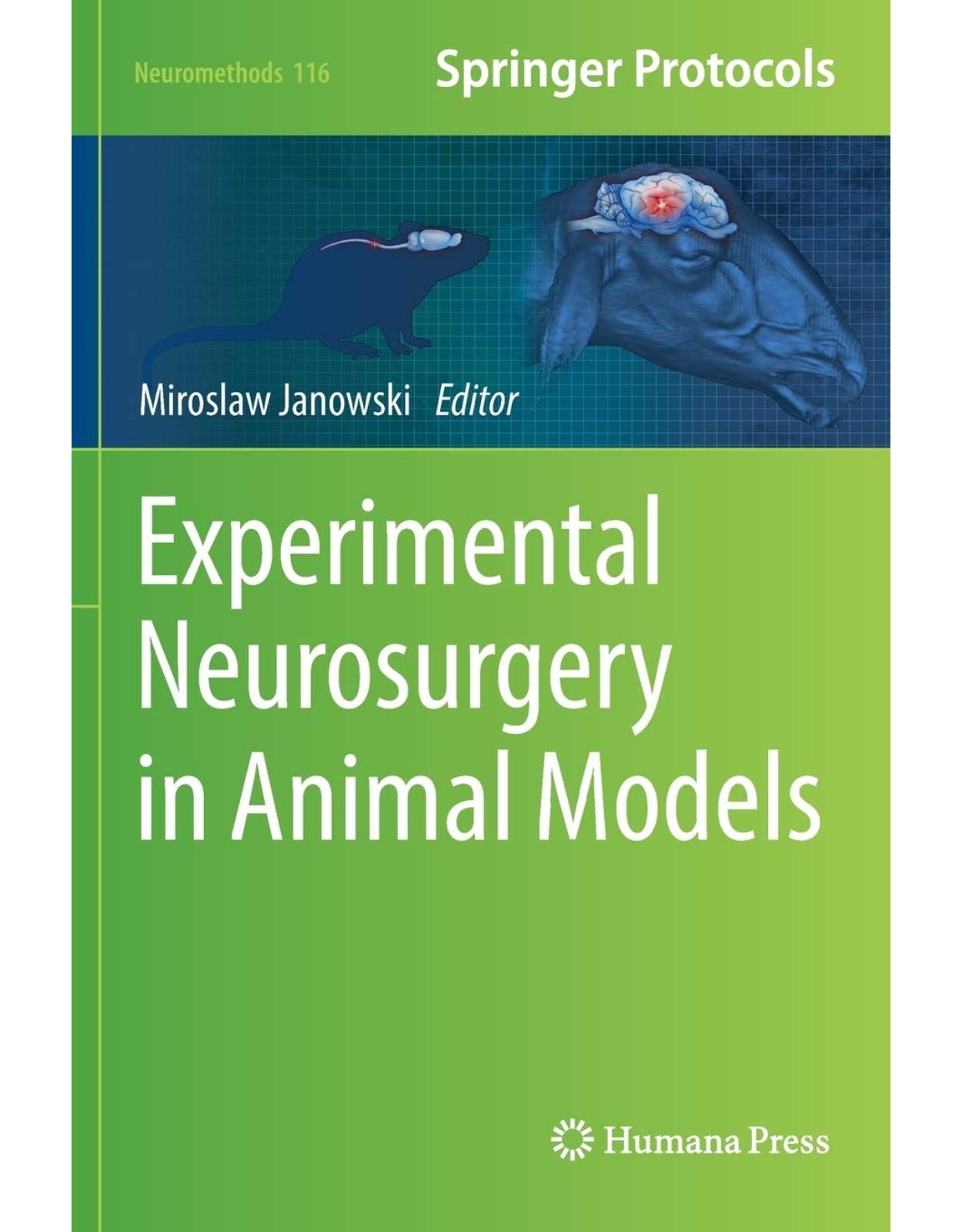
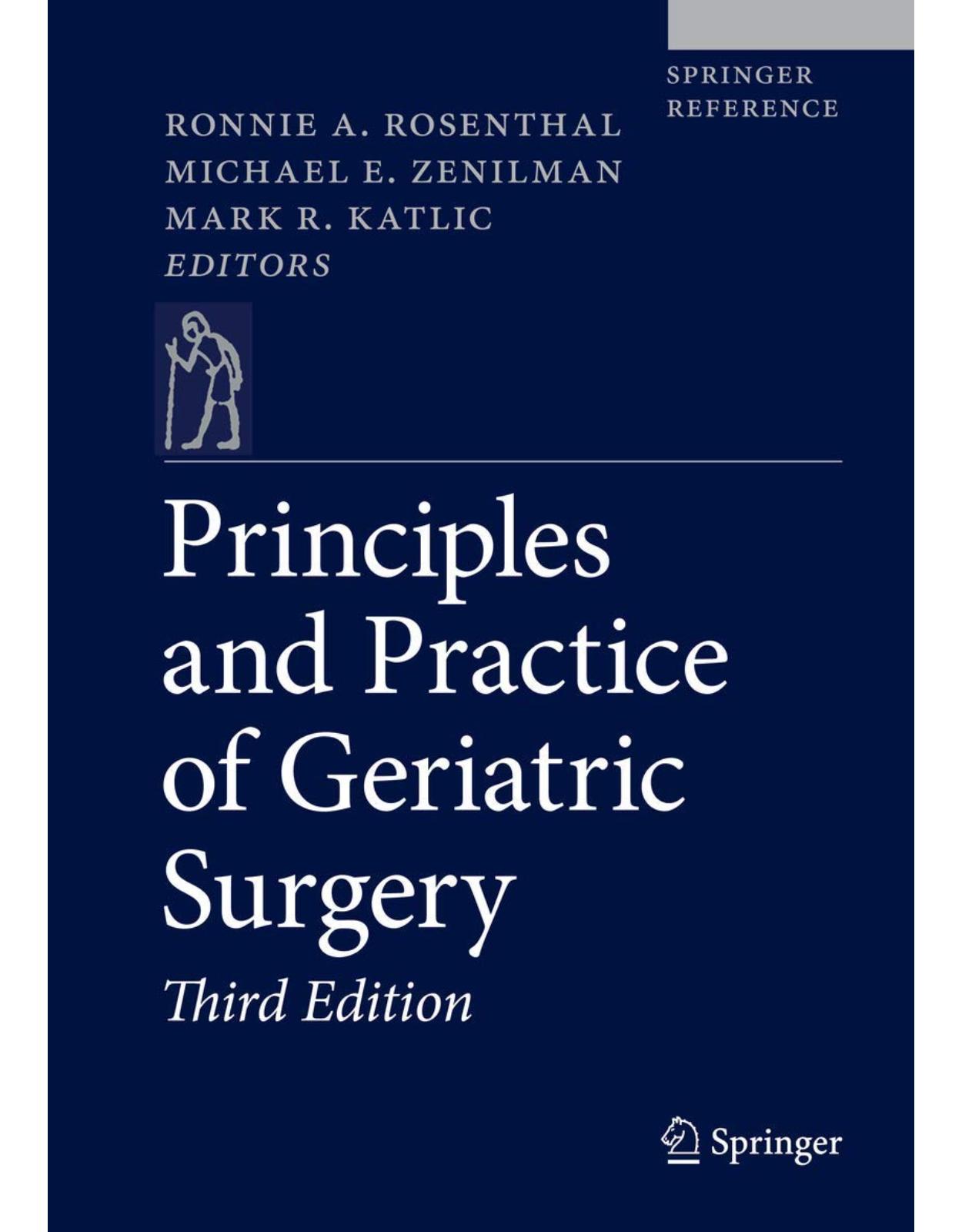


Clientii ebookshop.ro nu au adaugat inca opinii pentru acest produs. Fii primul care adauga o parere, folosind formularul de mai jos.